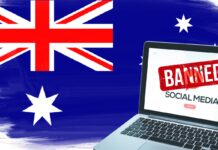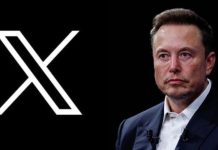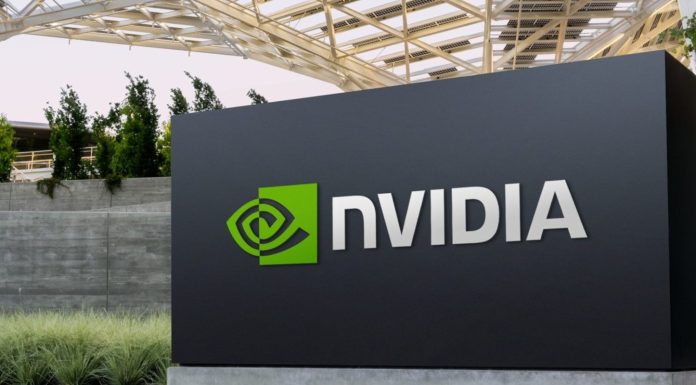Table of Contents
Imagine one day you wake up and all your favorite social media apps—like Facebook, YouTube, or Instagram—are gone. That’s what happened in Nepal. The government blocked about 26 popular platforms because many never registered with the official rules. But apps like TikTok and Viber are still working because they followed the rules. Let’s dive into why Nepal made this decision, what it means for people, and the bigger story behind it all.
1. What Did Nepal’s Government Do?
On September 4, 2025, Nepal’s government ordered Internet providers to block about 26 social media platforms, including Facebook, Instagram, YouTube, X (formerly Twitter), Reddit, LinkedIn, and more—all because they did not register with local authorities. Meanwhile, TikTok, Viber, Nimbuzz, WeTalk, and Poppo Live remained accessible, having followed the rules.
2. Why Did the Government Take This Step?
Promoting Responsibility
Nepal’s leaders felt it was important to ensure that social media platforms are responsible and accountable. They demanded that platforms register, provide a local contact point, and have a way to handle complaints inside Nepal.
Curbing Cyber Misuse
Authorities cited worries about fake accounts, misinformation, cybercrime, and online hate. Registration was seen as a way to track and manage such risks.
Following a Legal Order
The move followed an earlier Supreme Court ruling calling for the regulation of online platforms. The government says platforms were given time to register, but failed to do so.
3. Who Stayed and Who Was Blocked?
- Blocked platforms: Facebook, Instagram, WhatsApp, YouTube, X, Reddit, LinkedIn, Snapchat, Discord, Signal, and more.
- Allowed platforms: TikTok, Viber, Nimbuzz, WeTalk, Poppo Live, plus some like Telegram or Global Diary that are still registering.
4. How Are People Reacting?
Worries from Journalists and Rights Groups
The Committee to Protect Journalists warned the ban hurts press freedom and access to news. They said blocking tools that journalists use to share information is dangerous.
Digital rights groups called the move controlling and said it limits free expression.
Voices from Citizens and Politicians
Many people, especially students and job seekers, criticized the ban. Without LinkedIn or YouTube, finding work and studying becomes harder. Some politicians said that instead of banning, regulations should be smart and balanced.
5. What Happens Next?
- Platforms could come back if they register. The government said that apps will be unblocked the same day they complete registration.
- Citizens may turn to VPNs, which bypass blocked sites, but that can increase internet costs and affect local internet providers.
- New social media rules are being introduced. The government wants to pass a new law to regulate online content—but critics worry it could limit freedom.
Conclusion
Nepal’s decision to block major social media platforms is a bold step rooted in concerns about responsibility, safety, and national control. While officials say it’s about protecting citizens and monitoring content, many worry about censorship, educational setbacks, and restricted access to jobs and news.
































